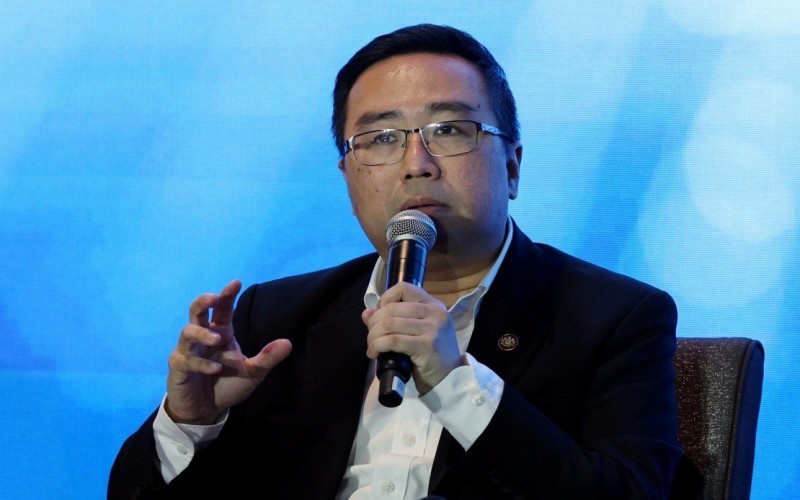
KUALA LUMPUR, July 17 (Bernama) -- Increasing investment in research and development (R&D) is key to transforming Malaysia into a high-income and competitive nation, according to the Ministry of Science, Technology and Innovation (MOSTI).
Its Minister, Chang Lih Kang, said MOSTI is committed to ensuring research outcomes do not remain confined to laboratories but are translated into realworld solutions.
“These solutions directly benefit the people, enhance the competitiveness of local industries, and drive economic growth based on innovation,” he said in a statement today.
Chang said that although the country’s investment in R&D still lags behind that of developed countries such as South Korea, Japan, and Singapore, MOSTI will strive to close this gap by 2030.
“At the same time, the government has set a target for the country to achieve gross expenditure on research and development (GERD) of 3.5 per cent of gross domestic product (GDP), through the MADANI Economy agenda to ensure strong economic development in the long term,” he said.
To support this effort, Chang highlighted that MOSTI has implemented various strategic initiatives to strengthen the country’s R&D landscape, which contributes to building an innovative, resilient, and ethical society.
“Among the strategic initiatives is the expansion of impact-based research funding by broadening access to R&D financing for companies and research institutions conducting high-impact work, especially in green, digital and sustainable technologies,” he said.
Chang added that the establishment of industry-academia research consortia promotes tripartite collaboration between government, industry, and academia to address national issues through focused research.
“For example, the Semiconductor Research Consortium, led by MIMOS in 2024, has driven advancements in semiconductor technologies and positioned Malaysia as a regional R&D hub in ASEAN,” he said.
The empowerment of a national R&D infrastructure involves strengthening laboratory capacity, centres of excellence, and inter-state R&D networks to support inclusive technological development.
“The National Technology and Innovation Sandbox, established in 2020, is a flagship initiative providing a live testing ecosystem for pre-commercial technologies, bridging the gap between research and real-world industrial applications,” he said.
Chang also said that strengthening researcher mobility and training involves offering talent development programmes through industrial training, international joint research, and incentives for young researchers.
“Among the supported initiatives is the Young Scientists Network under the Academy of Sciences Malaysia, which develops young researchers through training, exposure to emerging technologies, and global collaboration networks,” he said.
The minister said that the implementation of open innovation and commercialisation policies includes facilitating technology transfer and the commercialisation of research outputs through intellectual property protection and early-stage funding for R&D-based startups.
“The technology commercialisation accelerator initiative aims to accelerate the transition of research technologies from lab to market by providing technology readiness assessments, expert mentorship, and access to strategic investors,” he added.
Source: https://www.bernama.com/en/news.php/?id=2446240

